ENVIRONMENTAL LEARNING INSTITUTE and
WOODROW WILSON NATIONAL FELLOWSHIP FOUNDATION
LEADERSHIP PROGRAM FOR TEACHERS
TEACHER OUTREACH (TORCH) WORKSHOPS
The following professional development workshops offer intermediate-secondary science educators opportunities to learn more about inquiry-based science education philosophy, pedagogy and praxis and global environmental change while learning about a threatened North American ecosystem of global significance. We invite pre-service, in-service, education graduate student, science education professors (teacher of teachers) and science education professionals (e.g. park, museum and outdoor center affiliated). The workshops are possible due to the generous support of the Woodrow Wilson National Fellowship Foundation (www.woodrow.org/teachers) and the Environmental Learning Institute (www.environmentallearning.org). For more information on these professional development opportunities please click on the project title and email the specific project contacts.
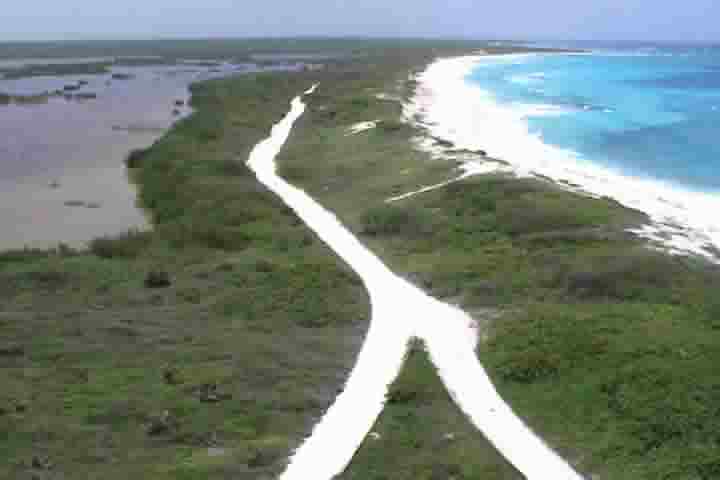
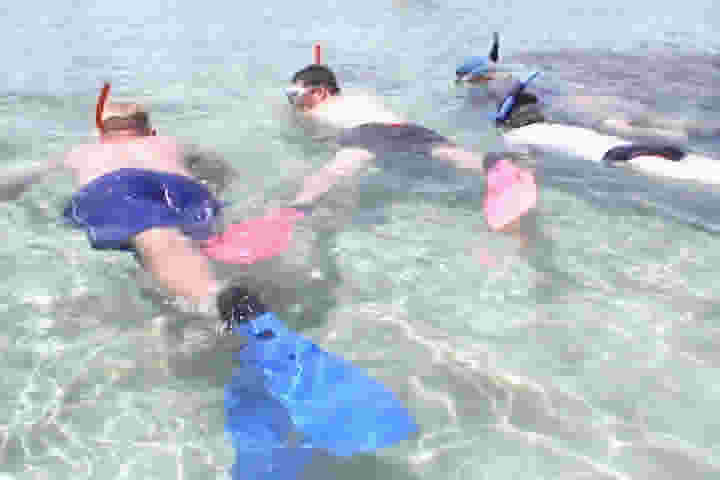
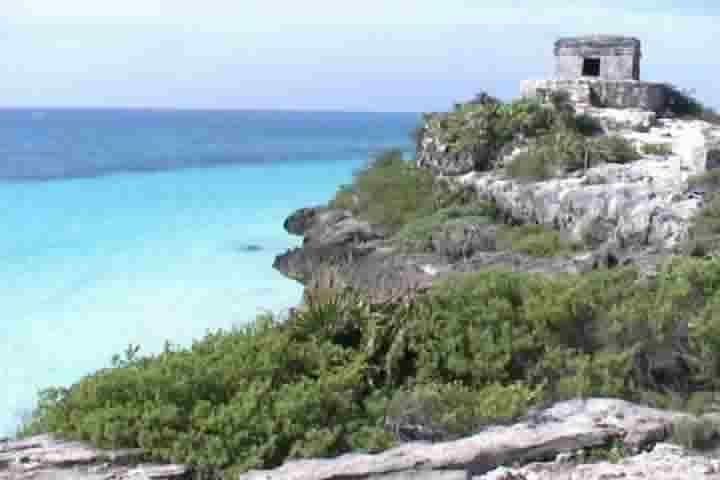
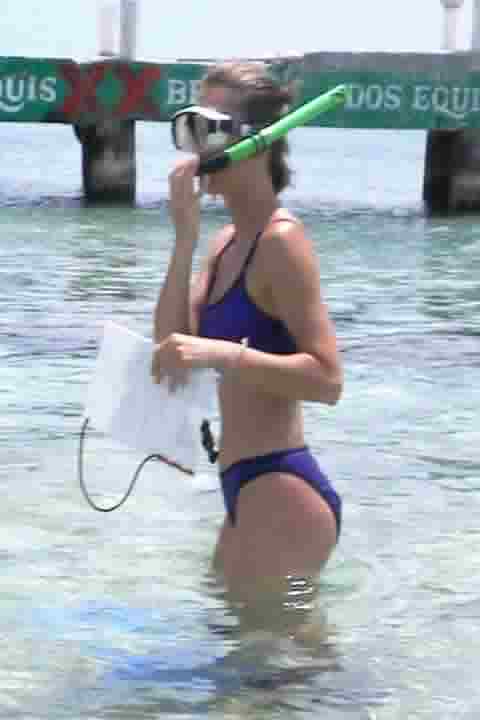
1. Coasts of Change: An Inquiry-based Exploration of Environmental Change in the Mayan Coast (Sian Ka'an Biosphere Reserve), Quintana Roo, Mexico. (http://www.environmentallearning.org/2002_TORCH_Maya_Coast_Syllabus.htm)
PLEASE NOTE!!! THIS COURSE IS FULL AND ACCEPTING APPLICATIONS FOR WAITING LIST ONLY!!
Saturday, June 29-Saturday, July 6, 2002.
Participant Fee: $550 plus airfare to Cancun, Mexico rendezvous.
Credits: 4 graduate-level relicensure hours credits available through Colorado School of Mines (additional $130 fee); graduate level credit for Master's degree students available through Rider University (additional fee required).
The Sian Ka'an Biosphere Reserve is composed of coral reefs, lagoons and tropical forests. In this TORCH we will explore through authentic inquiry-based learning-research activities the incredible coral reefs of Mexico's Mayan Coast. Described by Jacques Cousteau as one of the most magnificent on earth we will use snorkels for our exploration. In addition, we will explore and investigate the remarkably diverse amphibians and reptiles of the coastal tropical forests. There are also visits to the remarkable Mayan ruins and the cinotes (freshwater underground rivers) throughout the area. Our course partners with the Universidad de Quintana Roo. Our days are filled with field work, our evenings include lively text-based discussions of inquiry-based learning, expeditionary learning, team development models, global environmental change.
Facilitator Contacts:
Kim Walsh, M.Ed., Broughton High School, NC, kwalsh@wcpss.net
David Wojnowski, M.Ed., NCDENR/Division of Water Resources, NC, david.wojnowski@ncmail.net
David Scott Silverberg, Ph.D., Environmental Learning Institute, AZ, silverberg@alum.mit.edu
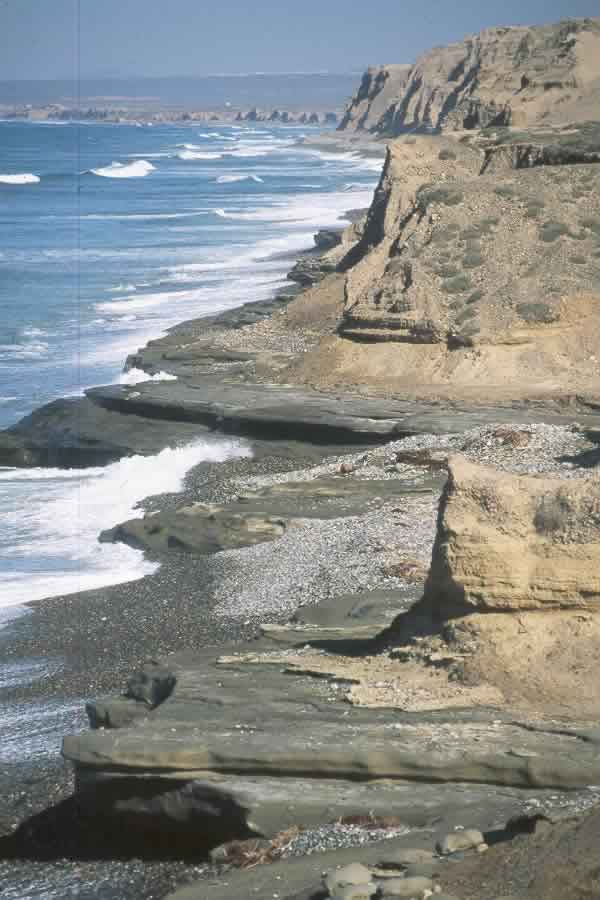
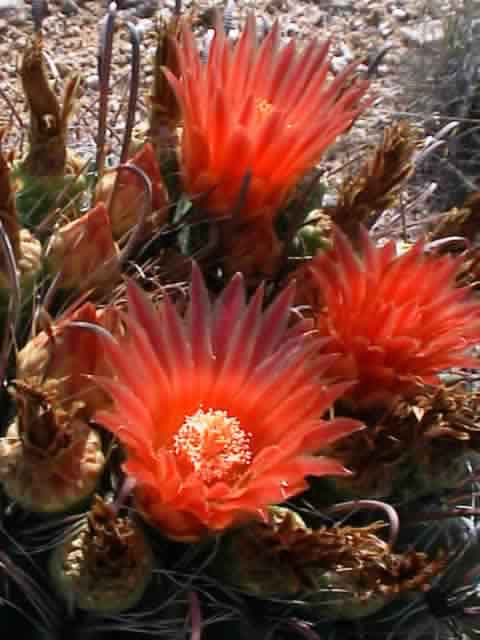
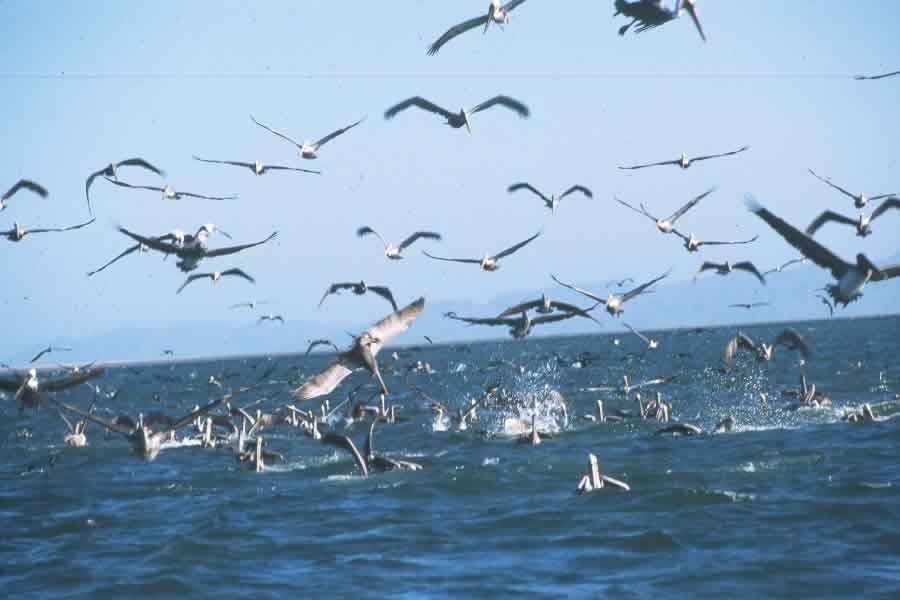
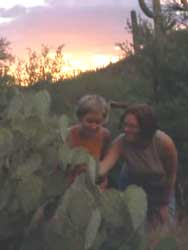
2. 2 Californias, 2 Coasts: An Inquiry-Based Exploration of Global Environmental Change in Baja California (Valle de los Cirios Protected Area), Mexico. (http://www.environmentallearning.org/TORCH_2002_Baja_Description.htm)
Sunday, August 4 - Sunday August 11, 2002.
Participant Fee: $550 plus airfare to San Diego rendezvous.
Credits: 4 graduate-level relicensure hours credits available through Colorado School of Mines (additional $130 fee); graduate level credit for Master's degree students available through Rider University (Additional fees required).
Facilitator Contacts:
Nichia Huxtable, Fillmore High School, CA, huxtabio@hotmail.com
David Scott Silverberg, Ph.D., Environmental Learning Institute, AZ, silverberg@alum.mit.edu
The coasts and interior desert of northern Baja California are remarkable in their diversity and beauty. In this TORCH we will explore through authentic inquiry-based learning-research activities the incredible chaparrel communities of the surging Pacific coast as well as the many isled xeric Sonoran desert portion of the Sea of Cortez in the Bahia de los Angeles region. The Bahia de los Angeles region is spectacular with it's numerous multi-colored islands and incredibly diverse marine fauna. We will study with the Turtle Conservation Project there. While traveling between the two coasts we explore and study what many consider to be the most beautiful section of the Sonoran desert, the Valle de los Cirios Protected Area, which has remarkable plant and animal diversity. Towering Cirios plants, several species of Elephant trees, a remarkable cacti flora typify the region. Our course partners with Baja California educational and government institutions. Our days are filled with field work, our evenings include lively text-based discussions of inquiry-based learning, expeditionary learning, team development models, global environmental change.
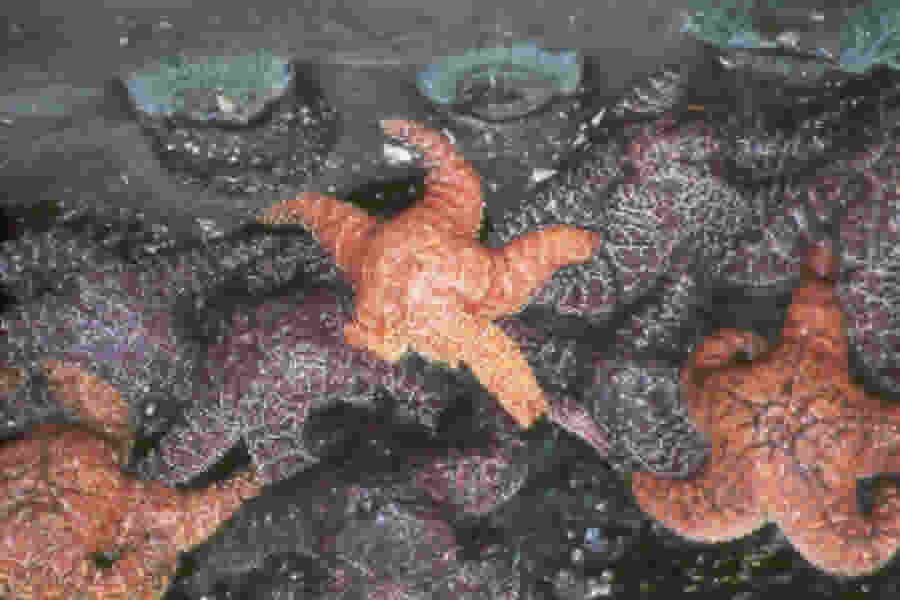
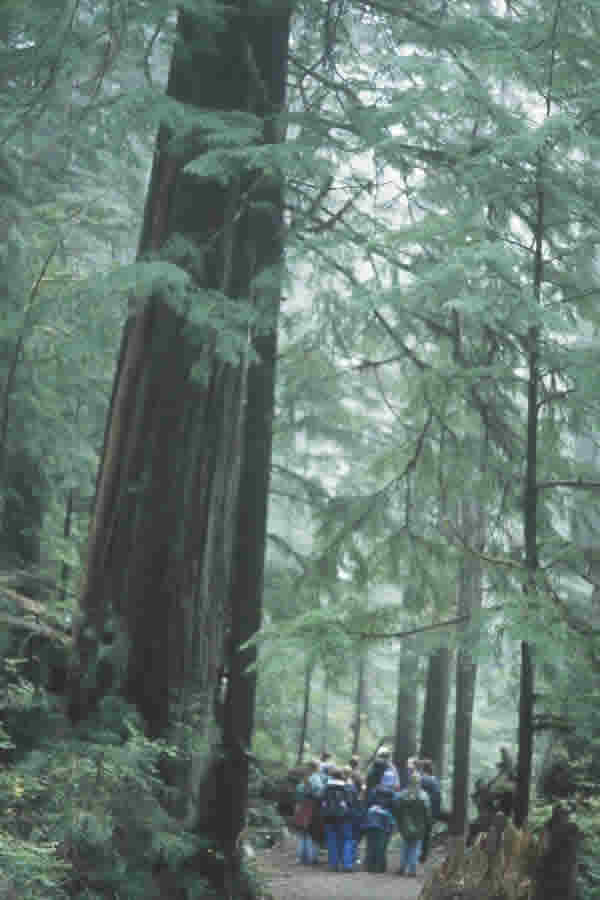
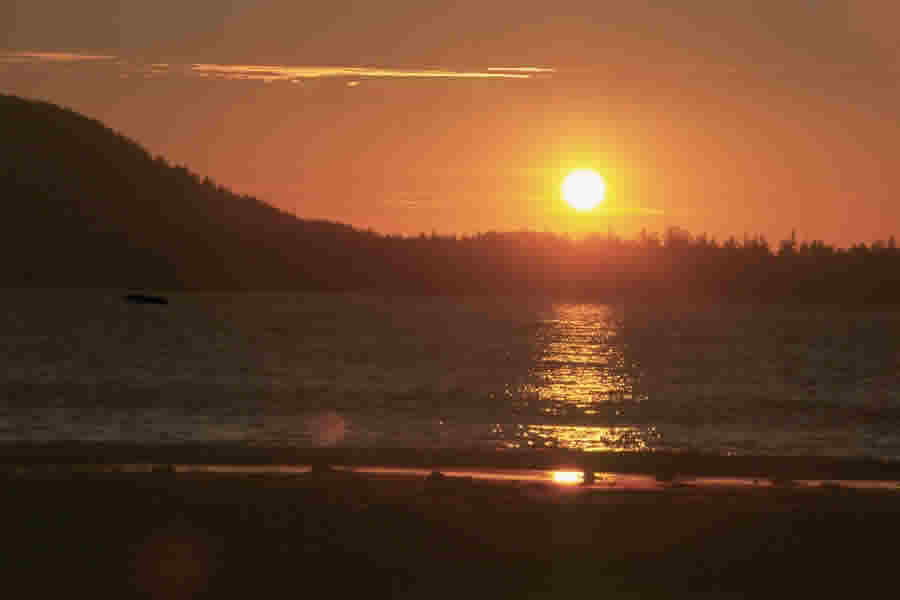
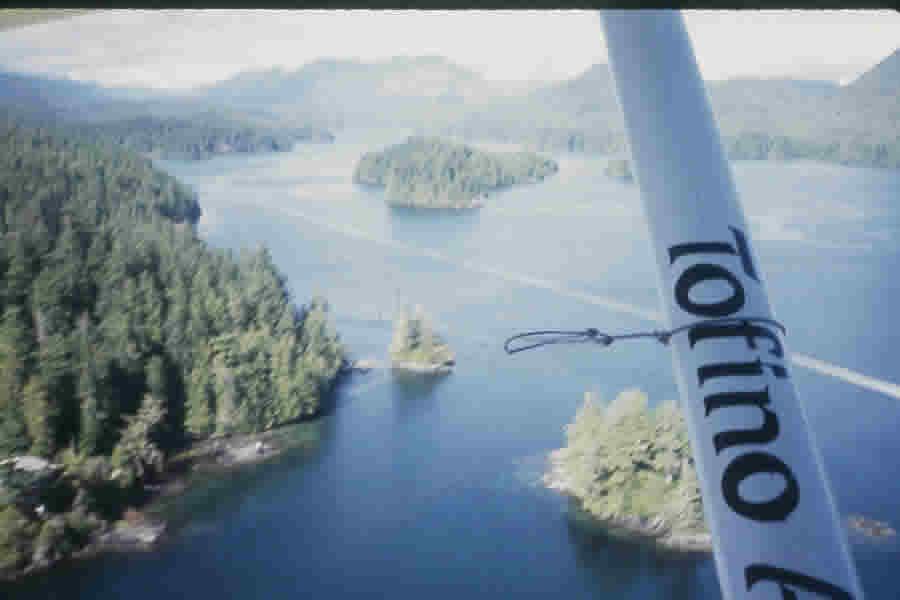
PLEASE NOTE!!! THIS COURSE IS FULL AND ACCEPTING APPLICATIONS FOR WAITING LIST ONLY!!!
Wednesday, August 21- Friday, August 30, 2002.
Participant Fee: $750 plus airfare to Seattle rendezvous.
Credits: 5 graduate-level relicensure hours credits available through Colorado School of Mines (additional $160 fee); graduate level credit for Master's degree students available through Rider University (additional fees required).
Facilitator Contacts:
James Cole, M.Ed.,Crossroads School, NY, JimboCole@aol.com
David Scott Silverberg, Ph.D., Environmental Learning Institute, AZ, silverberg@alum.mit.edu
In this TORCH we will explore through authentic inquiry-based learning-research activities the incredible coastal temperate rain forests of British Columbia Vancouver Island's "Wild West Coast". August is usually a time of beautiful weather, frequently clear skies. The Clayoquot Sound Biosphere Reserve is composed of the largest intact virgin rainforest in southern British Columbia, inland seaways, fiords and an incredibly rich marine environment. Towering cedar trees, several salmon species, grey, humpback and orca whales typify the region.We will visit with the First Nations and Anglo-Canadian communities whose lives are fundamentally dependent on the sustainable management of the regions still intact watershed. Our course partners with First Nations and NGO's in Clayoquot Sound. Our days are filled with field work, our evenings include lively text-based discussions of inquiry-based learning, expeditionary learning, team development models, global environmental change.